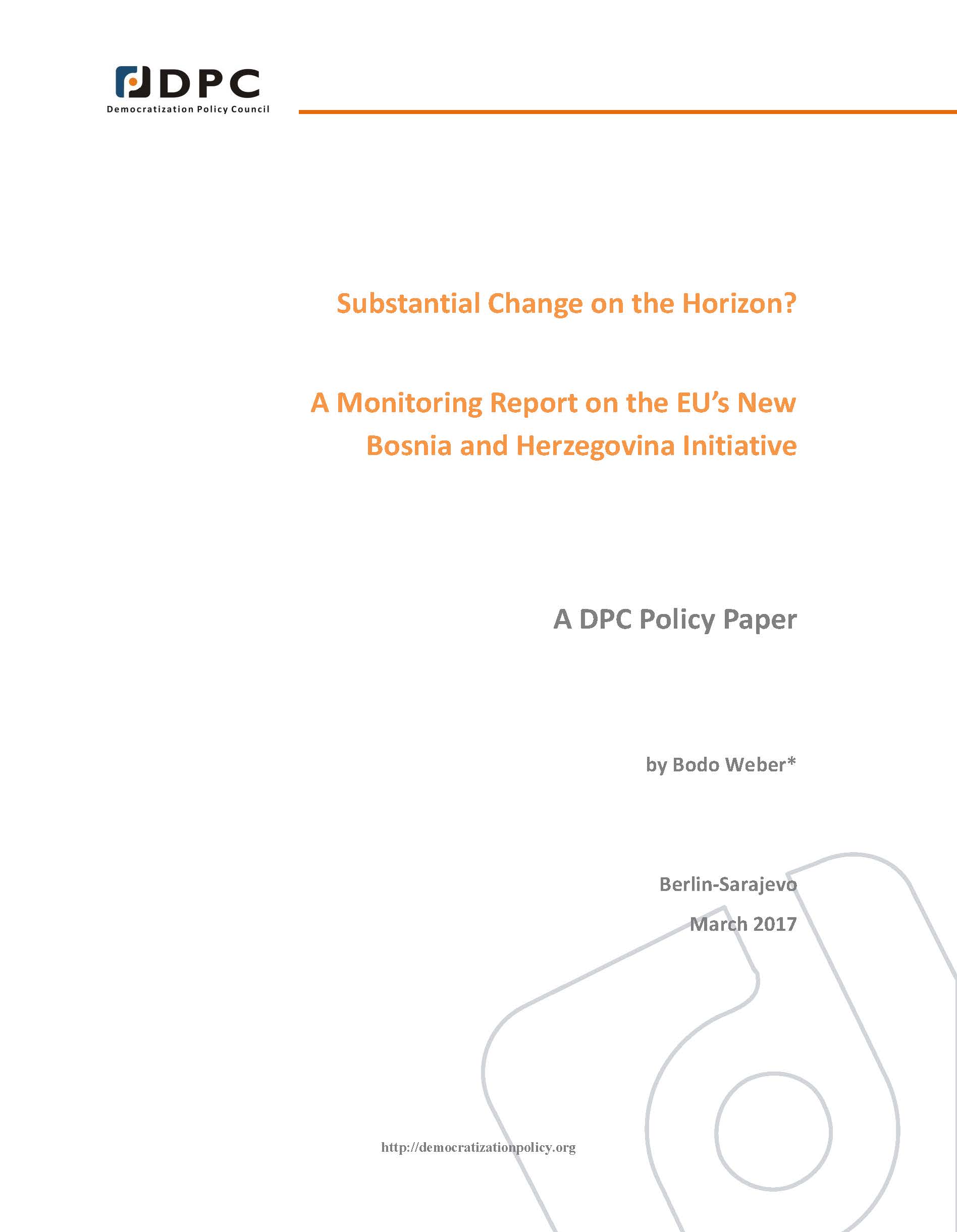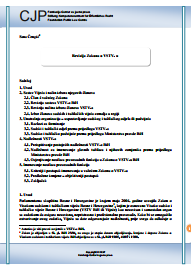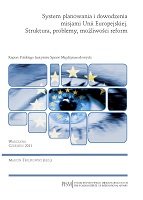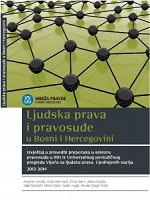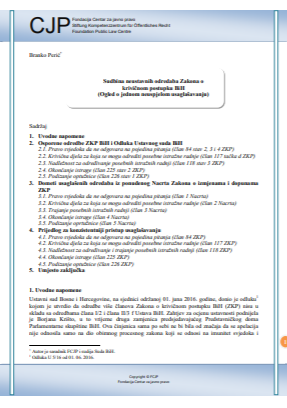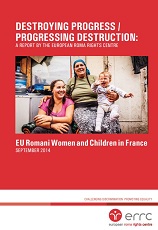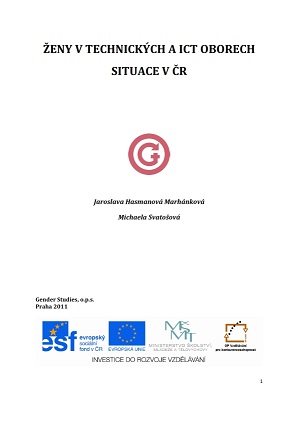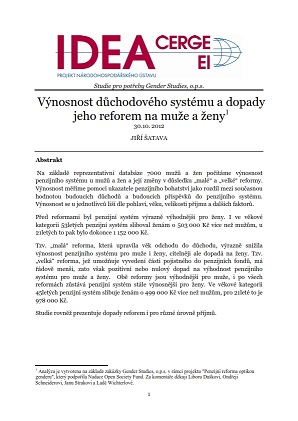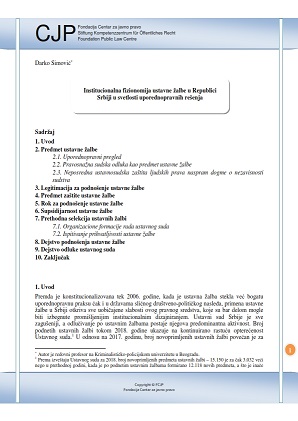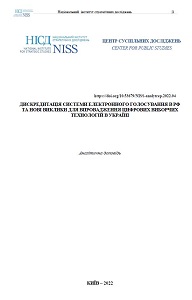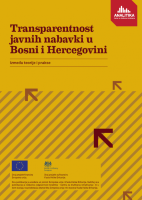LJUDSKA PRAVA I PRAVOSUĐE U BOSNI I HERCEGOVINI (2013-2014) - Izvještaj o provedbi preporuka u sektoru pravosuđa u BiH iz Univerzalnog periodičnog pregleda Vijeća za ljudska prava Ujedinjenih nacija
Author(s): Adrijana Hanušić,Amra Mehmedić,Elma Demir,Jelena Garača,Maja Sahadžić,Milena Savić,Nedim Hogić,Renata Dragić-Radić,Nina Karać / Language(s): Bosnian
Keywords: BiH; human rights; 2013; 2014; UN; law; judiciary; justice; Republika Srpska; constitution; discrimination; free legal aid; courts and segregation; war crimes; constitutional courts; corruption; freedom of speech; judiciary independence;
Od svog nastanka, 1948. godine, sa nastankom Univerzalne deklaracije o ljudskim pravima, međunarodni režim za ljudska prava zasnivao se na tradicionalnim mehanizmima zaštite prava razvijenih od strane Ujedinjenih nacija (UN), koje su dale značajnu ulogu državama. Naime, države su primarni akteri u međunarodnim procesima provedbe, ali i monitoringa ljudskih prava, odnosno države i istovremeno garantuju prava, ali i vode proces praćenja i izvještavanja. U nedostatku kapaciteta UN tijela da direktno prate stanje ljudskih prava u svim zemljama članicama, onda kada zemlje članice propuste biti dovoljno samokritične, pokazalo se da važnu ulogu igraju nevladine organizacije, čija je jedna od osnovnih uloga monitoring i izvještavanje o zaštiti ljudskih prava i zagovaranje njihove bolje zaštite kod domaćih institucija vlasti i međunarodnih organizacija. Efikasna zaštita ljudskih prava zahtijeva snažan angažman civilnog sektora i na državnom, ali i na međunarodnom nivou, jer su organizacije civilnog društva jedini subjekti koji kontinuirano prate stanje na terenu, te rade na podizanju svijesti o postojećim pravima i pozivaju donosioce odluka na odgovornost u slučaju njihovog kršenja. U tom pogledu revidiran je i proces praćenja i izvještavanja o stanju ljudskih prava od strane Ujedinjenih nacija (UN) i od 2008. godine uspostavljen je novi instrument: Univerzalni periodični pregled (UPP) od strane Generalne skupštine UN-a rezolucijom 60/251 2006. godine, koja UPP definiše kao novi međunarodni instrument u borbi za ljudska prava kojeg UN Vijeće za ljudska prava primjenjuje u procesu praćenja stanja ljudskih prava u državama članicama UN-a. Svake četiri godine, svih 192 države članice UN-a, bivaju predmetom UPP pregleda kroz koji se na univerzalan i jednoobrazan način vrši procjena ispunjavanja međunarodnih obaveza i opredjeljenja u pogledu ljudskih prava u cilju stvaranja demokratskog pritiska na vlade država da unaprijede situaciju u svojoj državi u pogledu ljudskih prava, te da se bore protiv neravnopravnosti i svih oblika diskriminacije. UPP se provodi kroz proces interaktivnog dijaloga kroz koji zemlja, čije se stanje ljudskih prava prati, prezentira svoj izvještaj, odgovara na pitanja i dobiva preporuke od drugih zemalja. Potom se neformalno usvaja izvještaj koji uključuje sve preporuke date zemlji u pregledu, a koji se ponovo zvanično usvaja na sljedećoj redovnoj sjednici Vijeća za ljudska prava. Oko 16 zemalja UN-a jesu predmet pregleda u okviru svake sjednice Vijeća, a 48 ih je predmet pregleda svake godine. Pored država, UPP pruža i mogućnost uključivanja nevladinih organizacija u ovaj proces. Naime, aktivnosti prije i nakon pregleda izvještaja ključne su za implementaciju konkretnih preporuka iz ishodnog dokumenta i tokom ovog perioda nevladine organizacije mogu ostvariti značajan uticaj kroz aktivnosti monitoringa, analize i zagovaranja. Neki od instrumenata učešća nevladinih organizacija u UPP procesu su: angažman u konsultacijama s vladom svoje države; podnošenje izvještaja interesnih grupa prema Vijeću za ljudska prava; lobiranje drugih država za davanje određenih preporuka; prisustvovanje sjednicama UPP radne grupe, kao i prisustvovanje i učestvovanje u sjednicama Vijeća za ljudska prava; te popratne aktivnosti vezane za zagovaranje za implementaciju preporuka. Prepoznavajući važnost novo-uspostavljenog mehanizma za praćenje ljudskih prava, ali i ulogu, koju su u istom dobile nevladine organizacije, Mreža pravde u BiH prihvatila je UPP kao instrument u svom radu, već u aprilu 2010. godine. Nakon konsultacija između članica, Mreža pravde se uključila u UPP proces kroz izradu UPP preporuka za BiH, koje su predstavljene od strane tročlane delegacije Mreže pravde na 14. sjednici UN Vijeća za ljudska prava, 11. juna 2010. godine u Ženevi. Pored pripreme preporuka i njihovog predstavljanja u Ženevi, u organizaciji Mreže pravde, održana je i obuka o ovom mehanizmu za predstavnike civilnog društva i sektora pravde. Također, za istu ciljanu grupu održana su dva okrugla stola u Sarajevu i Banja Luci na kojima su definisani zaključci koji naglašavaju potrebu za efikasniju primjenu UPP preporuka u pravosuđu BiH. Polazeći od ovih zaključaka, tokom strateškog planiranja Mreže pravde u 2010. godini, dogovoreno je da monitoring i izvještavanje o stanju ljudskih prava kod domaćih i međunarodnih institucija predstavlja primarni oblik djelovanja Mreže. Time je Mreža pravde - koja okuplja 64 nevladine organizacije, a čiji je osnovni cilj da pruža podršku institucijama vlasti u jačanju efikasnosti, neovisnosti i odgovornosti pravosudnog sistema Bosne i Hercegovine, kao i kvalitetnog informisanja, obrazovanja i zastupanja interesa građanki i građana u sektoru pravde - identificirala monitoring i izvještavanje o ljudskim pravima kao osnovni mehanizam pomoću kojeg nastoji realizirati svoje ciljeve. Razvoj pravosudnog sistema u BiH koji efikasno štiti ljudska prava i promiče vladavinu prava, nije moguć bez detaljne i stalne procjene rada sistema koja prati usklađenost domaćeg zakonodavstva i međunarodnih standarda. Sa ovim ciljem osnovana je i Radna grupa za izradu izvještaja „Univerzalni periodični pregled (UPP) o stanju ljudskih prava u Bosni i Hercegovini“ Mreže pravde, koja već od 2010. godine provodi proces monitoringa institucija sektora pravde na osnovu procjene provedbe UPP preporuka na koje se obavezala Bosna i Hercegovina u oblasti pravosuđa. Po četvrti put predstavnici nekoliko nevladinih organizacija, a ove godine predstavnici Asocijacije za demokratske inicijative, Centra za informativnopravnu pomoć Zvornik (CIPP), Centra za istraživačko novinarstvo (CIN), Centra za ljudska prava Univerziteta u Sarajevu, Udruženja «Pravnik», Udruženja stručnih saradnika i savjetnika u sudovima i tužilaštvima u BiH, i Udruženja za međunarodno pravo - zajednički su radili na monitoringu provedbe preporuka UN Vijeća za ljudska prava u pravosuđu BiH u sektoru pravosuđa u periodu od 2013. do 2014. godine. Kao rezultat ovog monitoring rada objavljuje se već po četvrti put publikacija Ljudska prava i pravosuđe u Bosni i Hercegovini: Izvještaj o provedbi preporuka u sektoru pravosuđa u BiH iz Univerzalnog periodičnog pregleda Vijeća za ljudska prava Ujedinjenih nacija (2011. – 2012.). Izvještaj Ljudska prava i pravosuđe u Bosni i Hercegovini predstavlja nastavak već započetnog rada na primjeni UPP mehanizma i istovremeno predstavlja jedinstvenu publikaciju ove vrste. Cilj objavljivanja navedene publikacije jeste uvid u proces provedbe dobivenih preporuka UN Vijeća za ljudska prava, odnosno od strane njenih država članica, a nastalih kroz proces Univerzalnog periodičnog pregleda (UPP). Monitoring procesa provedbe UPP preporuka od strane članica Mreže pravde, fokusira se na pravosudni sistem, odnosno uključuje samo one preporuke koje su identifikovane kao krucijalne za unaprjeđenje sektora pravosuđa u BiH. Pored općeg pregleda zaštite ljudskih prava kroz pravosuđe, autori su identifikovali i preporuke za donosioce odluka s ciljem da podstaknu institucije vlasti na efikasniju i ažurniju primjenu UPP preporuka u sektoru pravde i kako bi ispoštovale obaveze koje je preuzela Bosna i Hercegovina prema međunarodnoj zajednici, ali i prema svojim građanima. Nadamo se da će Izvještaj biti koristan izvor informacija, ne samo predstavnicima pravosuđa, nego i nevladinom sektoru, te da će inicirati i razvoj interesovanja za konkretne akcije kod organizacija civilnog društva za djelovanje u oblasti pravosuđa. Mreža pravde će svakako nastaviti i u budućnosti sa aktivnostima monitoringa zaštite ljudskih prava u sektoru pravde, te će nastojati razviti i daljnje aktivnosti kada je u pitanju izvještavanje u okviru Univerzalnog periodičnog pregleda (UPP) prema domaćim institucijama vlasti ali, i međunarodnim organizacijama. Uzevši kao osnovu rezultate monitoringa o stanju ljudskih prava u Bosni i Hercegovini navedenih u Izvještaju, Mreža pravde je provodila i prateće zagovaračke aktivnosti kako bi se jačao uticaj građanki i građana kroz organizacije civilnog društva na proces donošenja novih odluka i implementaciju postojećih propisa u oblasti pravde. Na ovaj način, Mreža pravde nastoji dati svoj doprinos u poticanju aktivnog odnosa svojih članica i civilnog društva u cjelini ka razvoju nezavisnog, efikasnog, odgovornog i zakonitog djelovanja pravosuđa u BiH. Koristimo ovu priliku da se zahvalimo svima koji su bili uključeni u realizaciju pripreme analiza i izradu publikacije. Posebno se zahvaljujemo Američkoj agenciji za međunarodni razvoj (USAID), koja kroz Projekat razvoja sektora pravosuđa II pruža tehničku podršku Mreži pravde u BiH i njenim članicama.
More...
